
STLE Toronto On-line Meeting Notice: Enhanced ASTM Standard Guide for Obtaining In-Service Sample of Industrial Lubricating Fluids and Hydraulic Fluids:
Oct 14th 2025. 12 -1 PM EST
Reducing Tribological Losses and Failures – Part 35
STLE TORONTO SECTION
2025 Fall and 2026 Spring Program
Our Program:
October 14th, 2025
Speaker: Dr. Lorne Brock, CLS. President and Technical Advisor of ENROL Inc.
Topic: ASTM Standard Guide for Obtaining In-Service Samples of Turbine Operation-Related Lubricating Fluid
Time: 12-1 PM Presentation followed by Q&A (online)
Abstract:
ASTM D8112, which was originally a standard specifically for sampling in the power industry, is now being expanded to serve as a guide for sampling in-service lubricants across all industries.
Until now, there has been no comprehensive guide for sampling in-service lubricants. Samples were often collected using methods intended for handling new lubricants during manufacturing, packaging, and delivery. However, sampling in-service fluids in industrial applications has specific requirements that existing standards do not sufficiently address. Key considerations—including equipment, operating environment, hardware, collection points, containers, and fill levels—are not readily available.
Lubricating oils, hydraulic fluids, and transformer fluids play essential roles in various industrial applications. However, prolonged exposure to operational and environmental conditions can lead to the deterioration of these fluids, altering their physical and chemical properties. Such degradation and contamination can negatively impact the fluids’ capacity to perform their intended functions. Furthermore, as lubricating oils continuously circulate through critical contact surfaces, monitoring the condition of these fluids allows users to detect early signs of specific failure modes. Representative samples must be collected using methods that do not compromise or alter valuable information.
The effectiveness of this condition monitoring process depends on understanding system design, knowledge of fluid deterioration processes, and awareness of potential failure modes. The in-service fluid sampling process is a critical component of this condition monitoring approach.
It is important to note that due to the wide variety of lubricated equipment designs, users typically focus on lubricant sampling and analysis only on safety-related equipment or those critical to the production process. Perhaps even that should be reviewed.
Biography:
Dr. Lorne Brock, CLS. President and Technical Advisor of ENROL inc.

Bio:
Lorne Brock is the President and Technical Advisor of ENROL Inc., providing lubrication solutions and training worldwide.
He began his career in lubrication research in 1978 as an R&D chemist at Imperial Oil, later joining ExxonMobil, and eventually retiring as Global Product Technical Advisor for industrial lubrication.
He has lectured on tribology and lubrication practices at several institutions, including the University of Toronto, the University of Wisconsin-Madison, the University of Edinburgh, Tsinghua University in Beijing, and IIT Delhi.
Currently, Lorne and colleague Dr. George Staniewski prepare and support the Tribology course at Ontario Technical University in Oshawa and at the Lassonde School of Engineering at York University.
Lorne has been a member of the Society of Tribologists and Lubrication Engineers (STLE) for four decades, serving as chair of the Toronto Section and co-chair of the Education Committee. Also involved in ASTM, CIM, NLGI, and SAE. He was the 2025 STLE Vic Joll Award winner.
Lorne is the ASTM 8112 Collaboration Team Lead for the update of the Standard.
STLE Toronto On-line Meeting: Enhanced ASTM Standard Guide for Obtaining In-Service Sample of Industrial Lubricating Fluid and Hydraulic Fluids

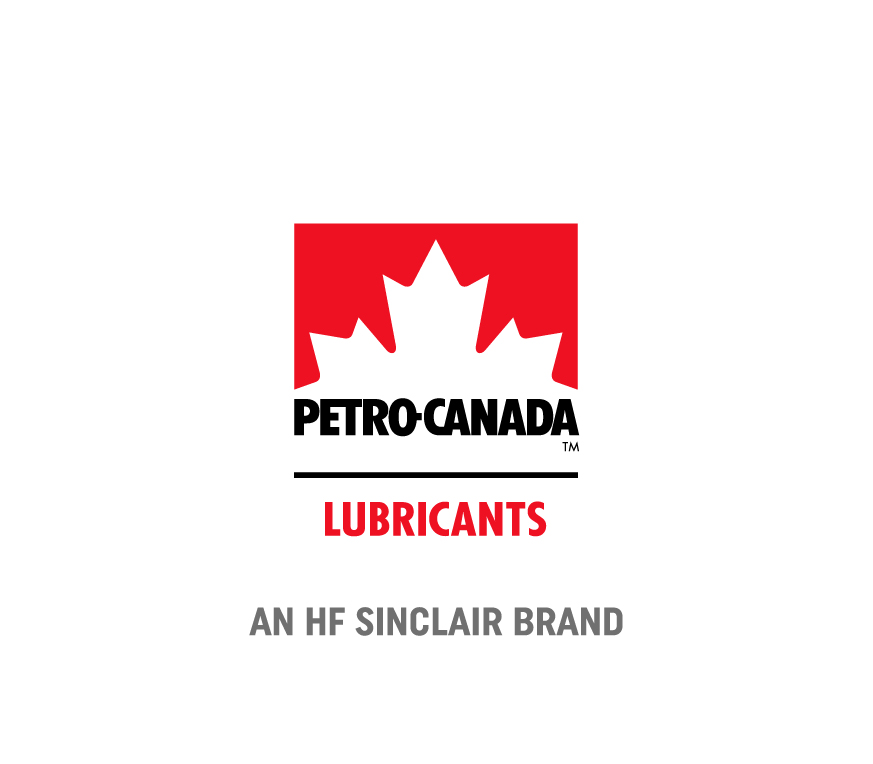
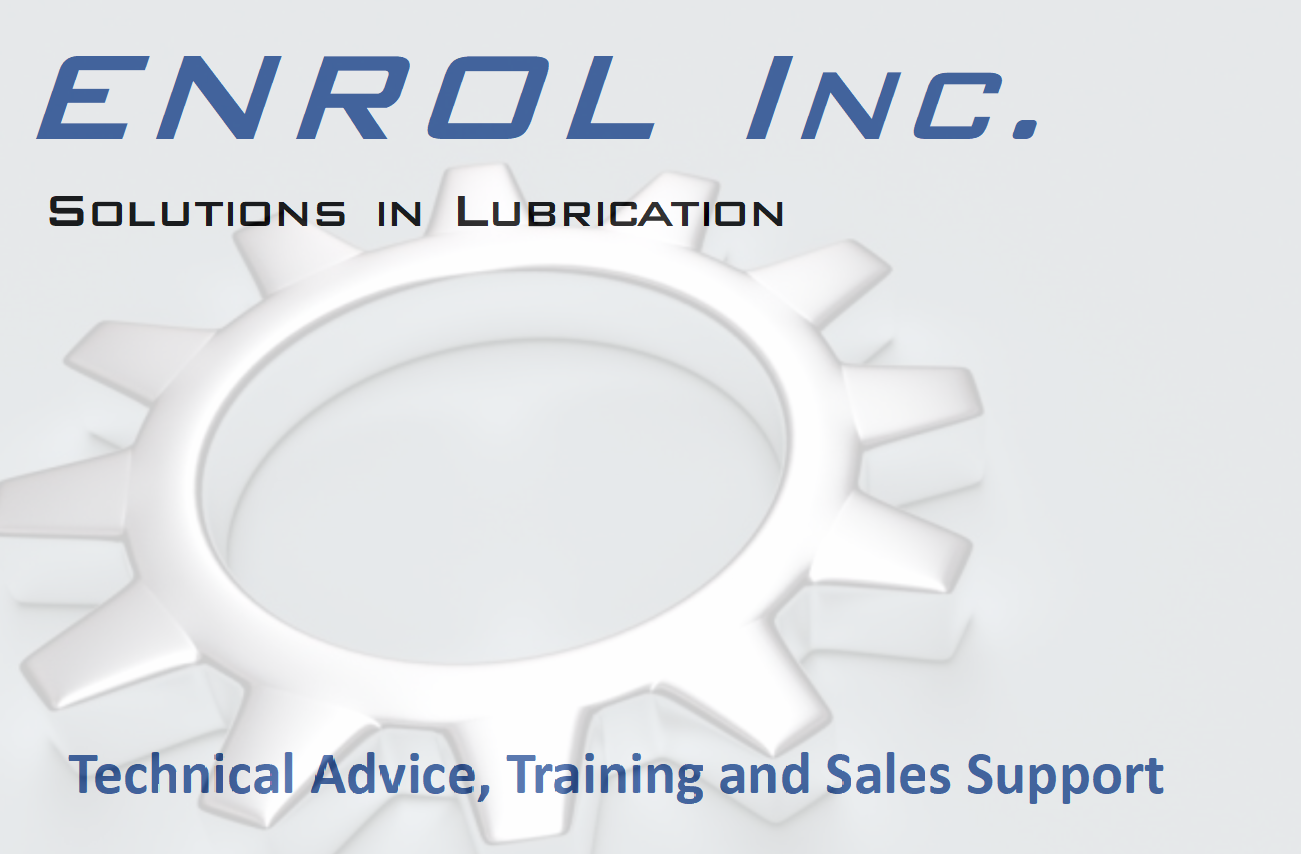




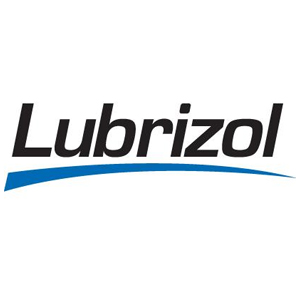
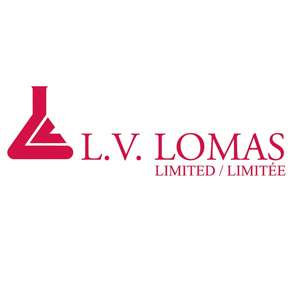

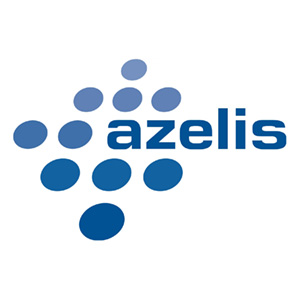
Thank you for preparing the meeting
I am looking forward to develop this lubrication management portifolio and i believe this will add more vaue to my dream